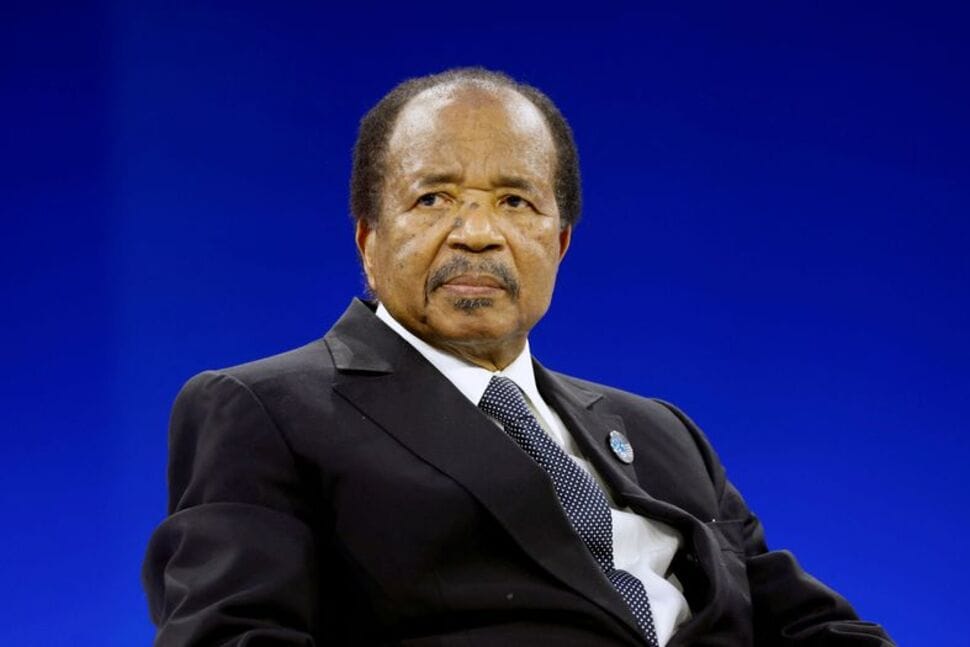Cameroon’s long-serving Minister of State for Tourism, Bello Bouba Maigari, has accepted his party’s nomination to contest the presidency in a highly anticipated election expected to take place in October. The announcement comes amid growing national speculation over whether 92-year-old President Paul Biya will seek reelection after more than four decades in power.
Maigari, aged 78, confirmed his candidacy on Saturday after being nominated by the National Union for Democracy and Progress (NUDP), a party he has led for years. While accepting the nomination, Maigari notably chose not to resign from his ministerial role, a decision that could spark debate over governance ethics and the separation of executive responsibilities during an election campaign.
His entrance into the race marks a potentially significant moment in Cameroonian politics, as it suggests emerging cracks in the traditionally solid alliance between Biya’s ruling elite and the political leadership of the country’s northern regions. Maigari is the second prominent figure from the north to announce a presidential bid in recent days.
Last week, Issa Tchiroma Bakary—another influential northerner and former government spokesperson—resigned from his cabinet position to launch his own campaign for the presidency. Bakary cited widespread public dissatisfaction and increasing calls for political change as key motivations behind his decision to run.
The back-to-back candidacies of Maigari and Bakary reflect growing political ambition among northern leaders and may indicate shifting dynamics within Cameroon’s power structure. Historically, the support of the three northern regions—Adamawa, North, and Far North—has played a crucial role in determining electoral outcomes. Together, these regions account for over two million registered voters, a sizable bloc in national elections.
Cameroon’s electoral commission has reported that more than 8 million citizens have registered to vote, underscoring the stakes of this year’s poll in the Central African country of approximately 30 million people. The election will unfold against the backdrop of persistent uncertainty over President Biya’s political future. Now in his early nineties, Biya holds the distinction of being the world’s oldest serving head of state. Yet, he has made no public statement regarding his plans for the October ballot.
As political activity intensifies and potential successors emerge from within his own cabinet, the question of Biya’s candidacy continues to dominate national discourse. The weeks ahead are likely to reveal whether Cameroon will witness a leadership transition or an extension of one of Africa’s longest-standing presidencies.



